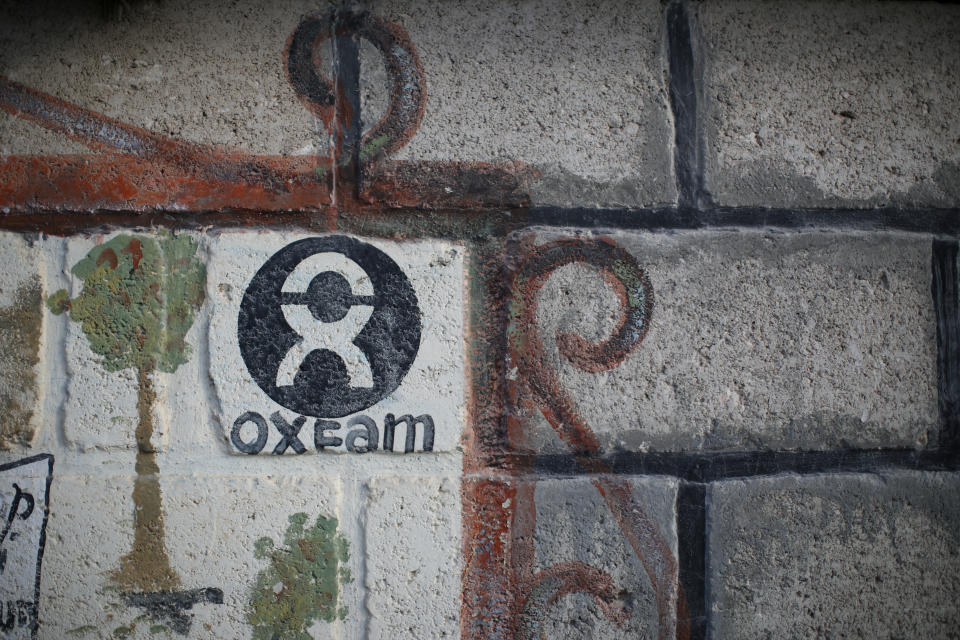Coronavirus: UN demands $2.5tn crisis package for developing countries

A UN agency has called for a $2.5 trillion emergency package to prevent a “looming financial tsunami” in developing economies hit hard by the coronavirus.
Calls are growing for global leaders not only to prevent millions of deaths in the poorest countries, but also to alleviate the enormous economic damage in the developing world.
Oxfam called for $160bn of immediate debt cancellation for poor countries in a report on Friday, freeing up cash to invest in often weak public health systems. It said urgent action was needed to prevent the biggest humanitarian crisis since the Second World War.
Now the UN Conference on Trade and Development (UNCTAD) is demanding advanced economies match their unprecedented stimulus packages at home with support for less rich countries abroad.
Read more: Coronavirus ‘will wipe 15% off GDP’ in the UK
Many have been hit hard by dramatic “economic shockwaves” from the pandemic as global demand has dried up and panic has hit stock markets.
Developing countries have suffered from capital flight, growing bond spreads, currency decline and falling earnings from tourism, commodities and other exports, according to an UNCTAD report on Monday.
Investors pulled $59bn out of debt and equity markets in Brazil, India, Indonesia, Philippines, South Korea, South Africa, Thailand and Turkey between late February and late March. The outflows are more than twice levels seen in the same countries in the immediate aftermath of the global financial crisis in late 2008.
UNCTAD is calling for $1tn of debt relief, a $1tn “helicopter money drop” through special drawing rights at the International Monetary Fund (IMF) and a $500bn “Marshall Plan” of health and related aid.
Read more: Low-paid womens’ jobs leave them most at risk from COVID-19
It also urges the IMF to accept capital controls as a legitimate tool to halt declines in currency and asset prices, in what would be a radical break from the economic orthodoxy of recent decades.
“Advanced economies have promised to do ‘whatever it takes’ to stop their firms and households from taking a heavy loss of income,” said Richard Kozul-Wright, UNCTAD’s director of globalization and development strategies.
He added: “But if G20 leaders are to stick to their commitment of ‘a global response in the spirit of solidarity,’ there must be commensurate action for the six billion people living outside the core G20 economies.”
Jose Maria Vera, Oxfam International’s interim executive director warned healthcare resources in many countries were heavily overstretched before the coronavirus threat emerged.
Mali has three ventilators for every million inhabitants, and Zambia has one doctor for every 10,000 people, she said.
“We know from Oxfam’s experience of fighting ebola that with rapid action, this disease can be stalled and its catastrophic impact stopped. Without urgent, ambitious and historic action, we could easily see the biggest humanitarian crisis since World War Two.”

 Yahoo Finance
Yahoo Finance 